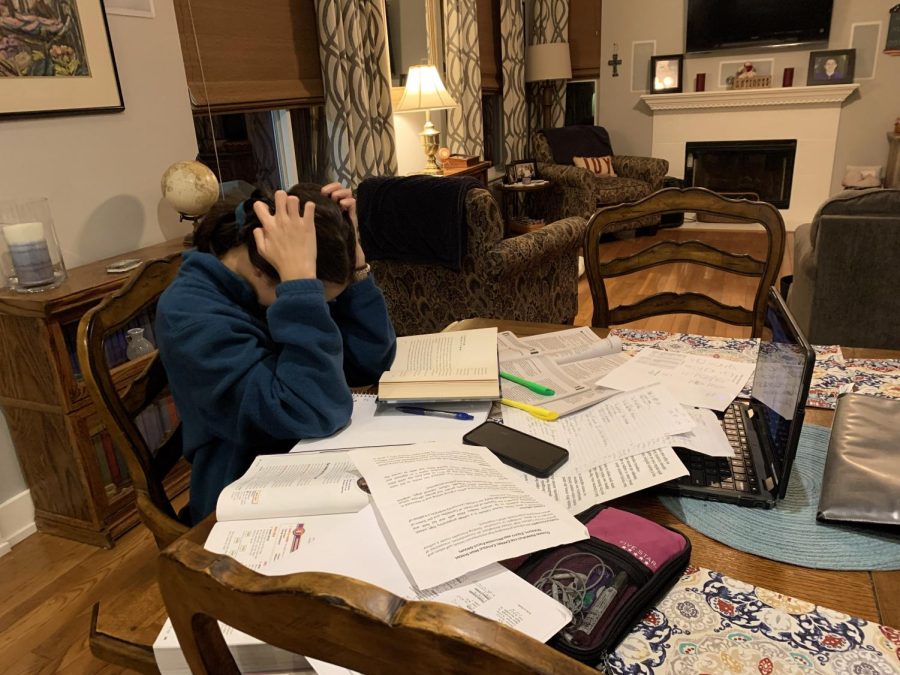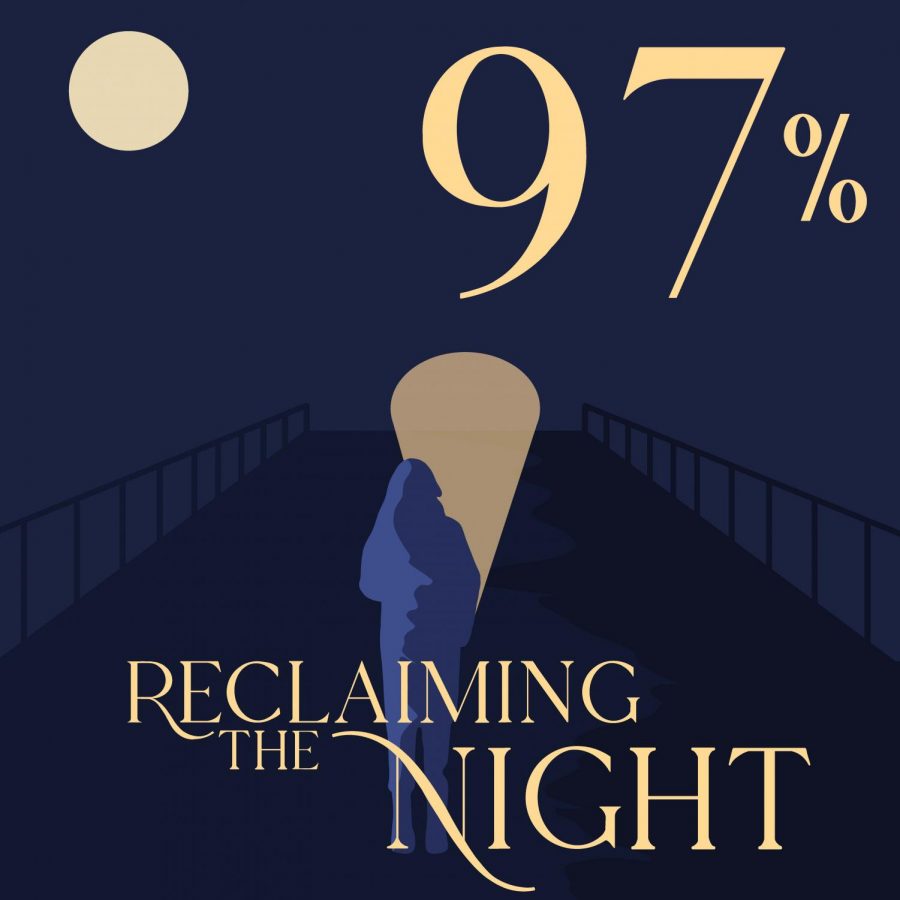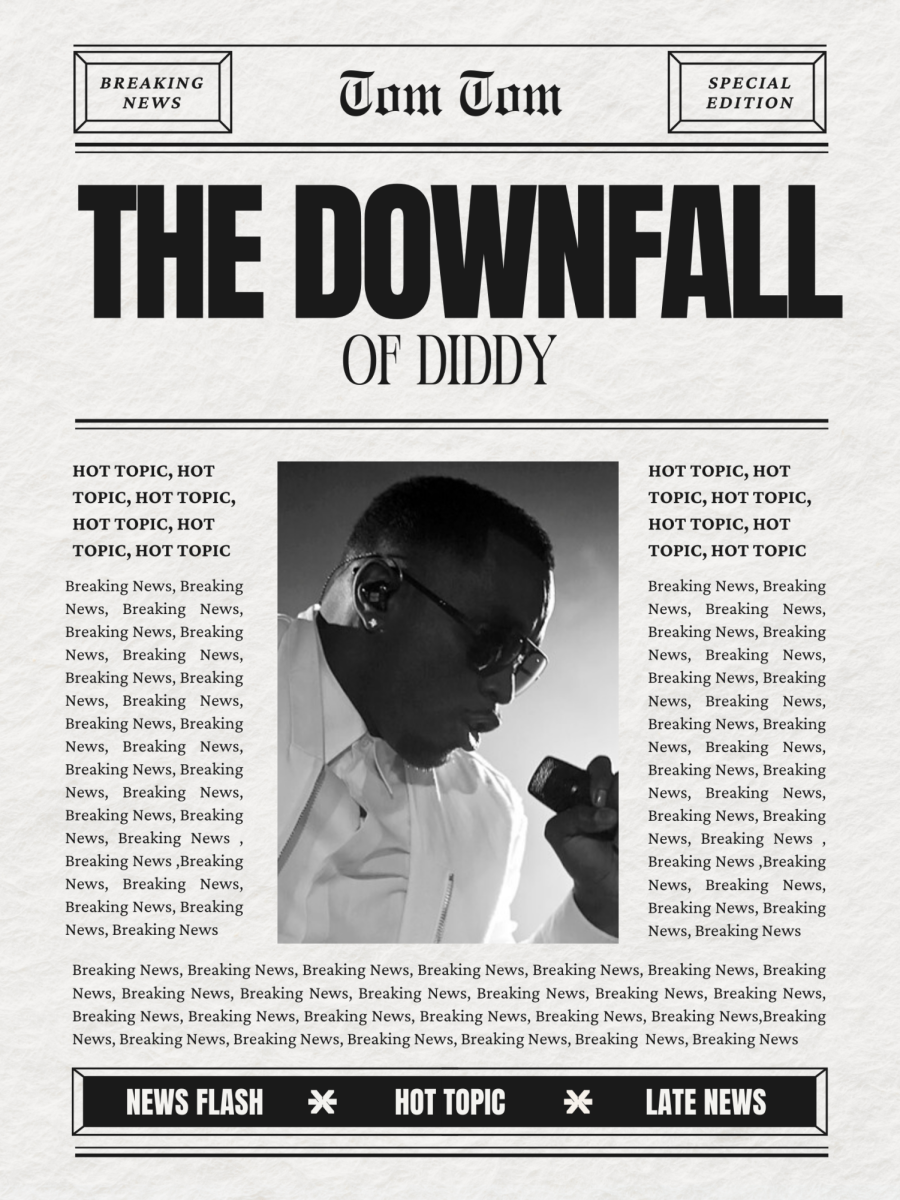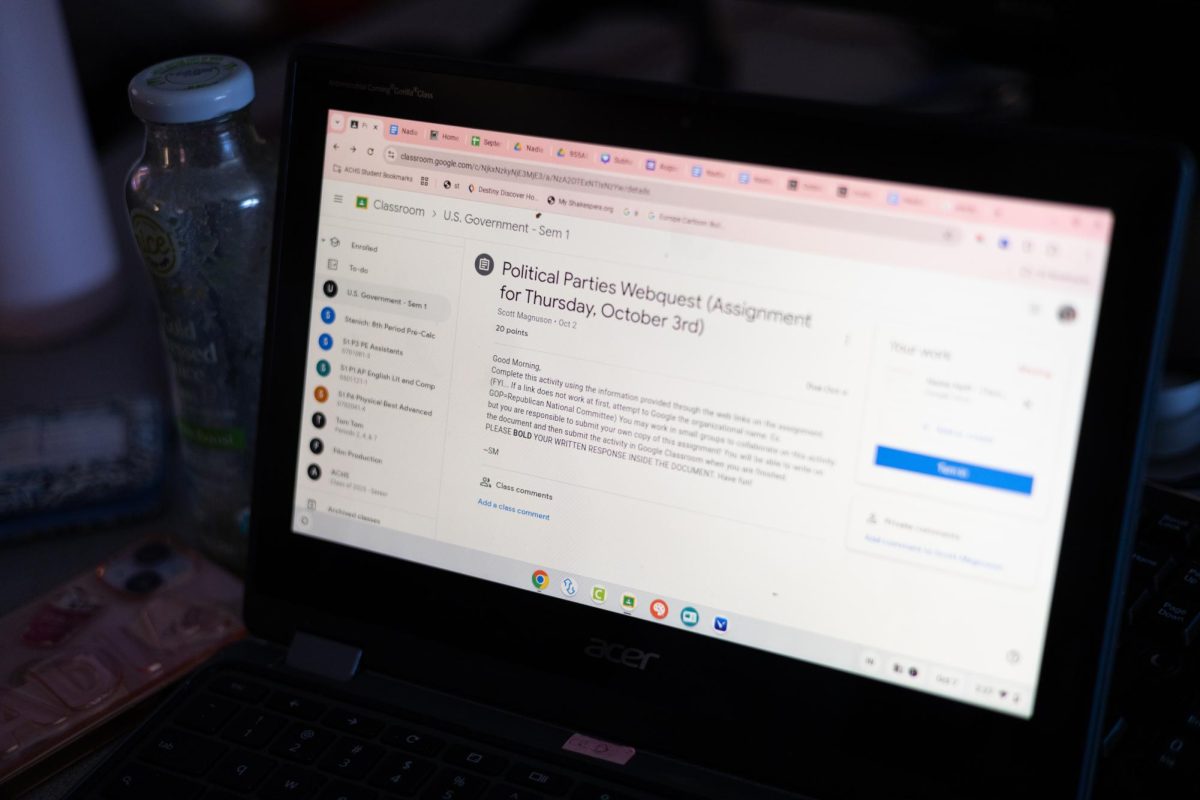In late July of 2019, Donald Trump made a phone call with Volodymyr Zelensky, the president of Ukraine, in which he suggested that Zelensky launch an investigation into Hunter Biden. H. Biden, son of Joe Biden, was involved with Ukrainian oil and gas company Burisma in May 2014. H. Biden’s involvement was previously investigated by Trump’s personal lawyer, Rudy Giuliani, in May of 2019. Giuliani’s investigation inevitably concluded that neither J. nor H. Biden had committed crimes in their dealings with Ukraine. However, during the July phone call and on numerous other occasions, both Giuliani and Trump were reported to have pushed Ukrainian government officials to reinvestigate the case against the Bidens.
In the wake of this investigation, POLITICO reported that Trump’s administration was withholding funds delegated by Congress to aid the Ukrainian military.
Impeachment is a Congressional power granted by the United States Constitution as a way to formally reprimand government officials. As described by the Constitution, impeachable offenses include: “treason, bribery, or other high crimes and misdemeanors.”
The impeachment process begins in the House of representatives when articles of impeachment are introduced to the House by a representative. From there, the Speaker of the House directs the House Judiciary Committee to begin the formal inquiry into the
Trump’s impeachment inquiry isn’t the first of its kind; Andrew Johnson, Richard Nixon and Bill Clinton all faced impeachment inquiries from Congress during their terms in office. To date, only Johnson’s and Clinton’s inquiries resulted in formal impeachment charges.
Johnson faced impeachment in 1868 amid allegations that he had violated the Tenure of Office Act. His impeachment inquiry was the third attempt by his political rivals to remove him from the presidential office. The House of Representatives at the time formulated 11 formal charges against Johnson, most of which revolved around his involvement in a power struggle over the office of Secretary of War. Johnson was ultimately charged for the crimes and formally impeached, but he was acquitted from his charges by the Senate rather than removed from office.
Although Nixon was never formally impeached, he did face an impeachment inquiry. The inquiry was started due to his involvement in the Watergate scandal. This scandal involved tampering with political rivals’ private documents, bugging their offices, and using his presidential status to enlist groups of people to spy on those he found suspicious. Nixon’s impeachment inquiry lasted seven months, beginning in February of 1974 and ended when he resigned from office in early August of that year. To date, Nixon has been the only U.S. president that has resigned from office; his resignation was a direct result of the impeachment inquiry and his fear for the House’s decision on his guilt.
Clinton’s impeachment inquiry began with charges of lying under oath and obstructing justice. The inquiry was prompted by his nationwide sex scandal revolving around White House intern Monica Lewinsky. Clinton’s impeachment inquiry lasted from October to December 1998 and ultimately ended in two formal impeachment charges from the House. Clinton was acquitted of all charges in the Senate and was not removed from office.
Trump’s impeachment inquiry began after a whistleblower filed a complaint against him. This complaint, although withheld for weeks, was eventually reported to the House Intelligence Committee on September 9, 2019. In late September, the whistleblower complaint and financial reports went public. Following the leak of these documents, Trump was quoted by an NBC News report claiming a link between Ukrainian funding and his investigation of H. Biden.
“We want to make sure that country is honest. It’s very important to talk about corruption. If you don’t talk about corruption, why would you give money to a country that you think is corrupt?” Trump said.
The day after reports of this claim from Trump, on September 24, Nancy Pelosi declared a formal impeachment investigation into President Trump.
According to the New York Times, the majority of the House of Representatives support the impeachment inquiry against Trump. Although, out of the 228 representatives in support of the inquiry, zero of them are Republican. The divided support for Trump’s impeachment has resulted in tension between political parties during the hearings.
The impeachment inquiry has not received bipartisan support from American citizens. In a study conducted by FiveThirtyEight, 45.4 percent of polled citizens were not in support of the inquiry. Out of the 51.8 percent of citizens who were in support of the inquiry, 82.6 percent were Democrats.
The House began their public impeachment hearings on November 13 with William Taylor and George Kent. William Taylor is a Vietnam Veteran and the presiding ambassador to Ukraine during the Trump-Zelensky phone call. During the trial, Taylor stated that there was definite evidence of a quid pro quo. George Kent is the Assistant Secretary of State for European Affairs and a former diplomat to Ukraine. George Kent took no strong stance against Donald Trump personally but discussed how Guiliani lead a smear campaign against the ambassador. Marie Yovanovitch, a senior diplomat for the United States foreign affairs. She discussed how Trump’s associates called her out of Ukraine, making it easier for his allies to push for an investigation against the Bidens.














